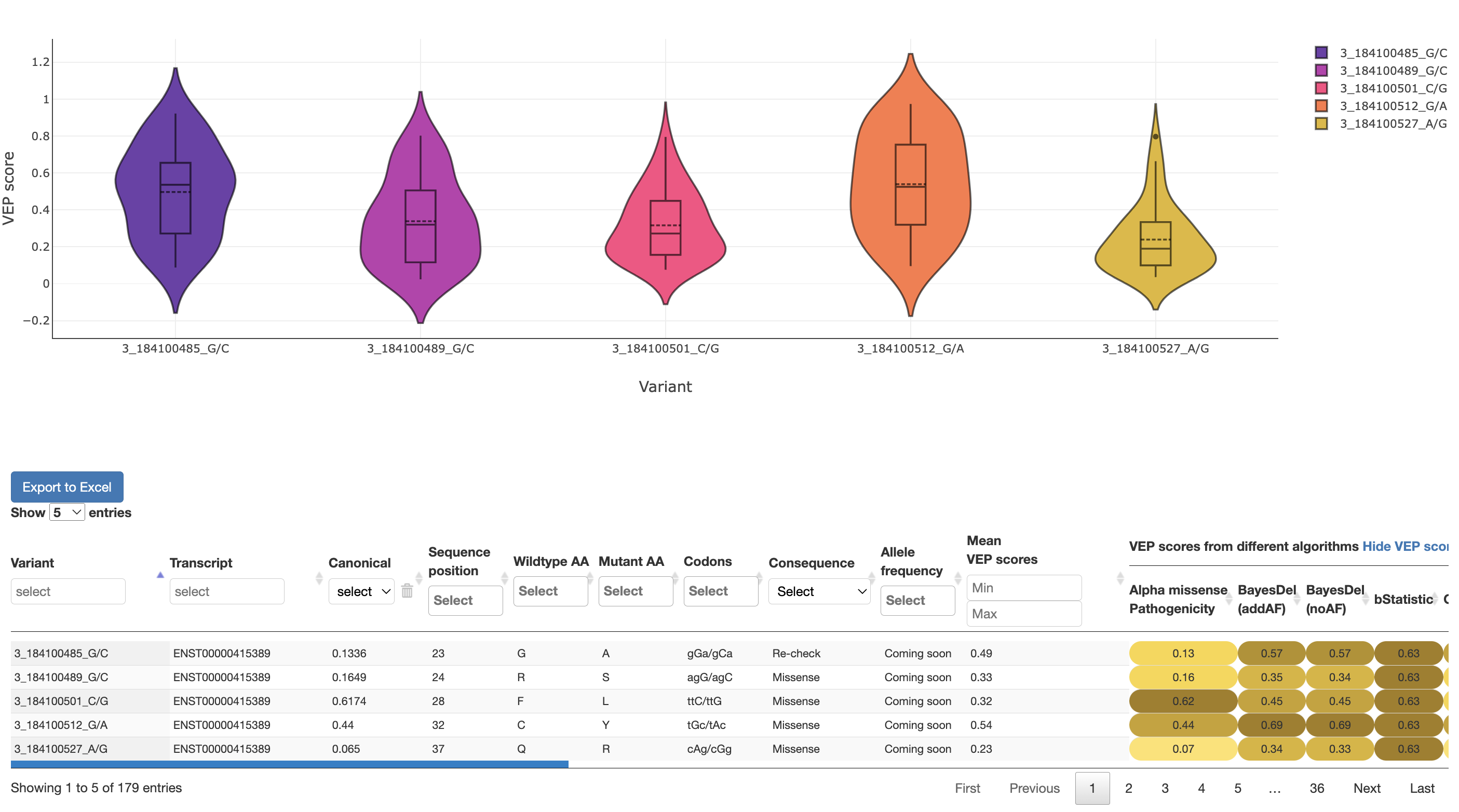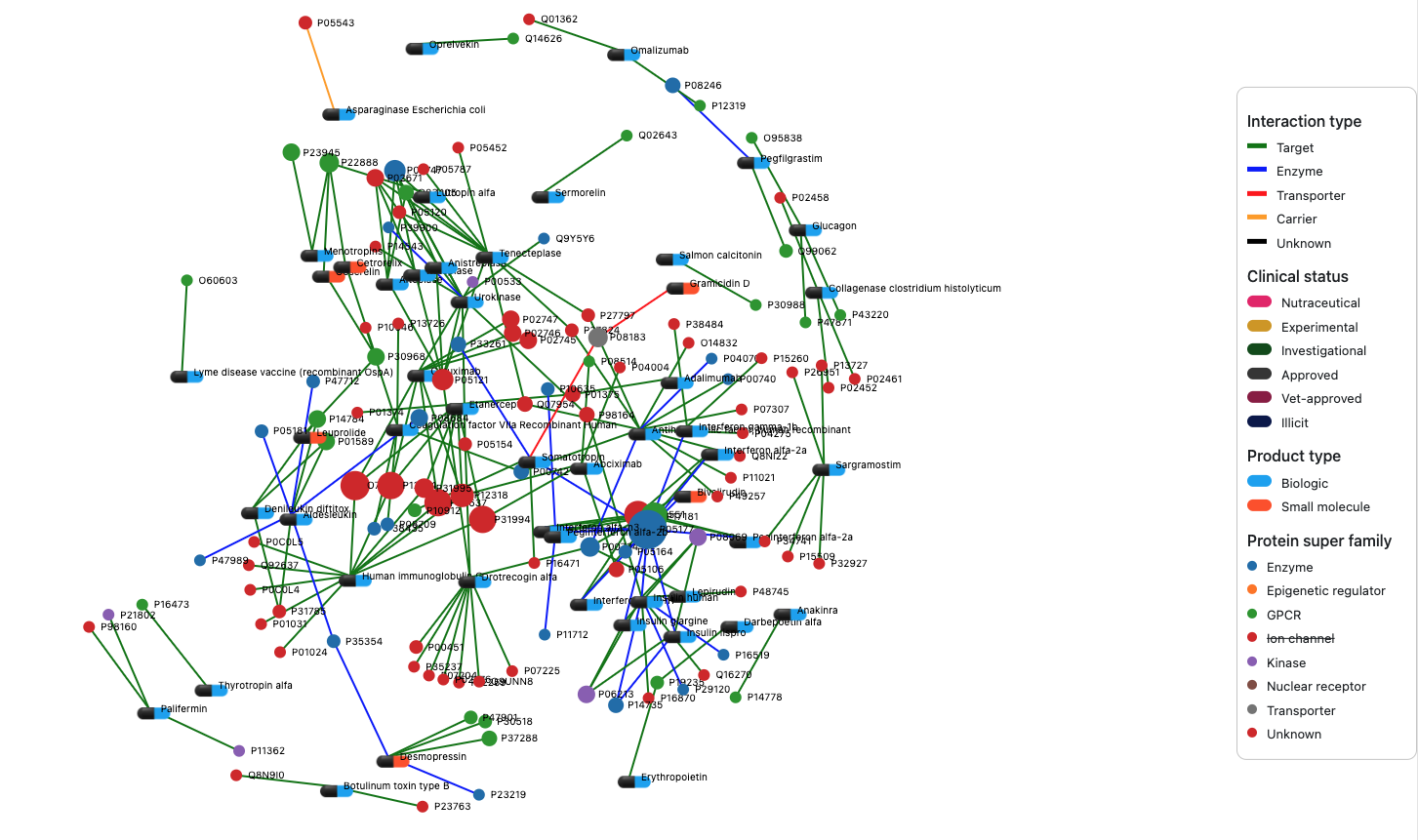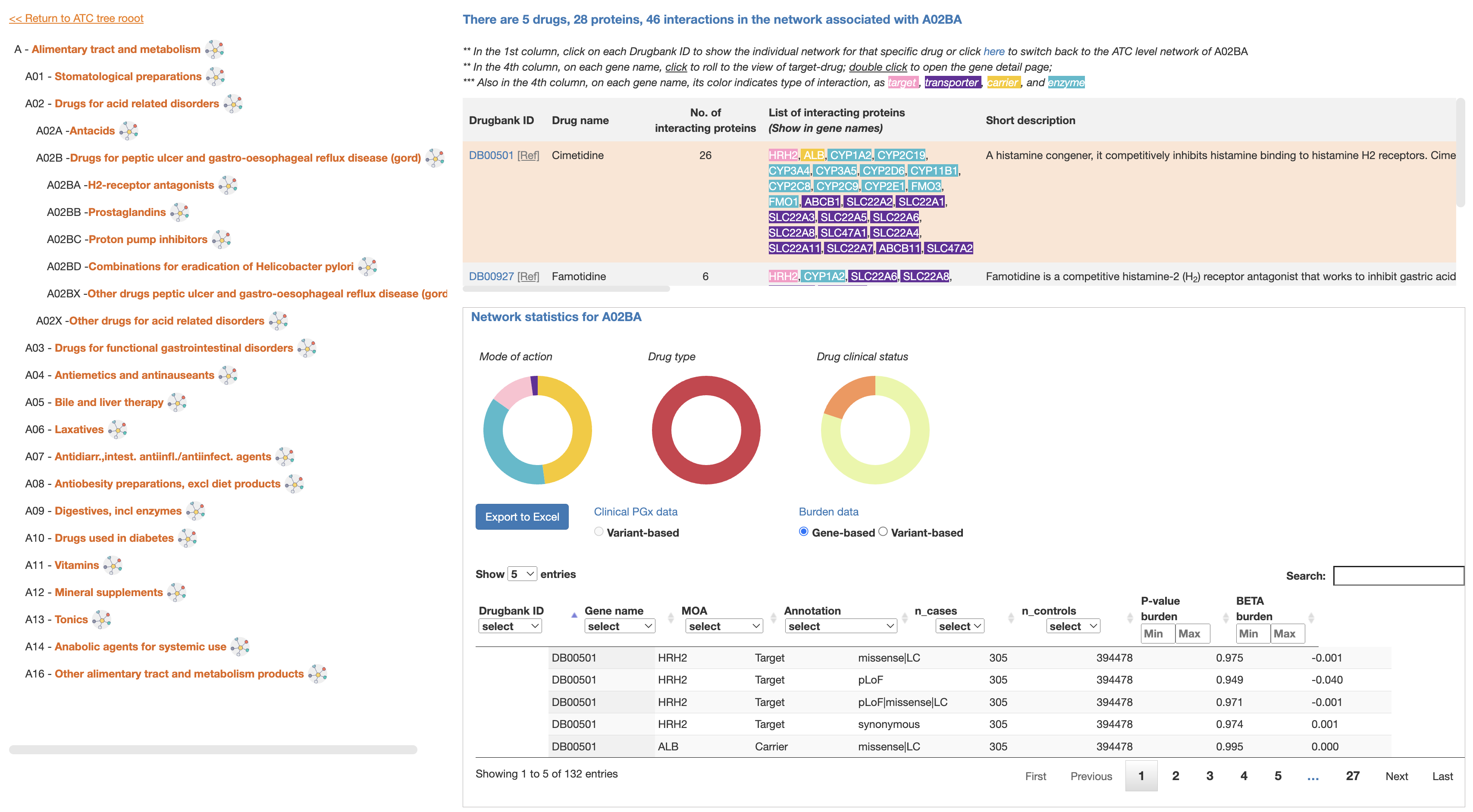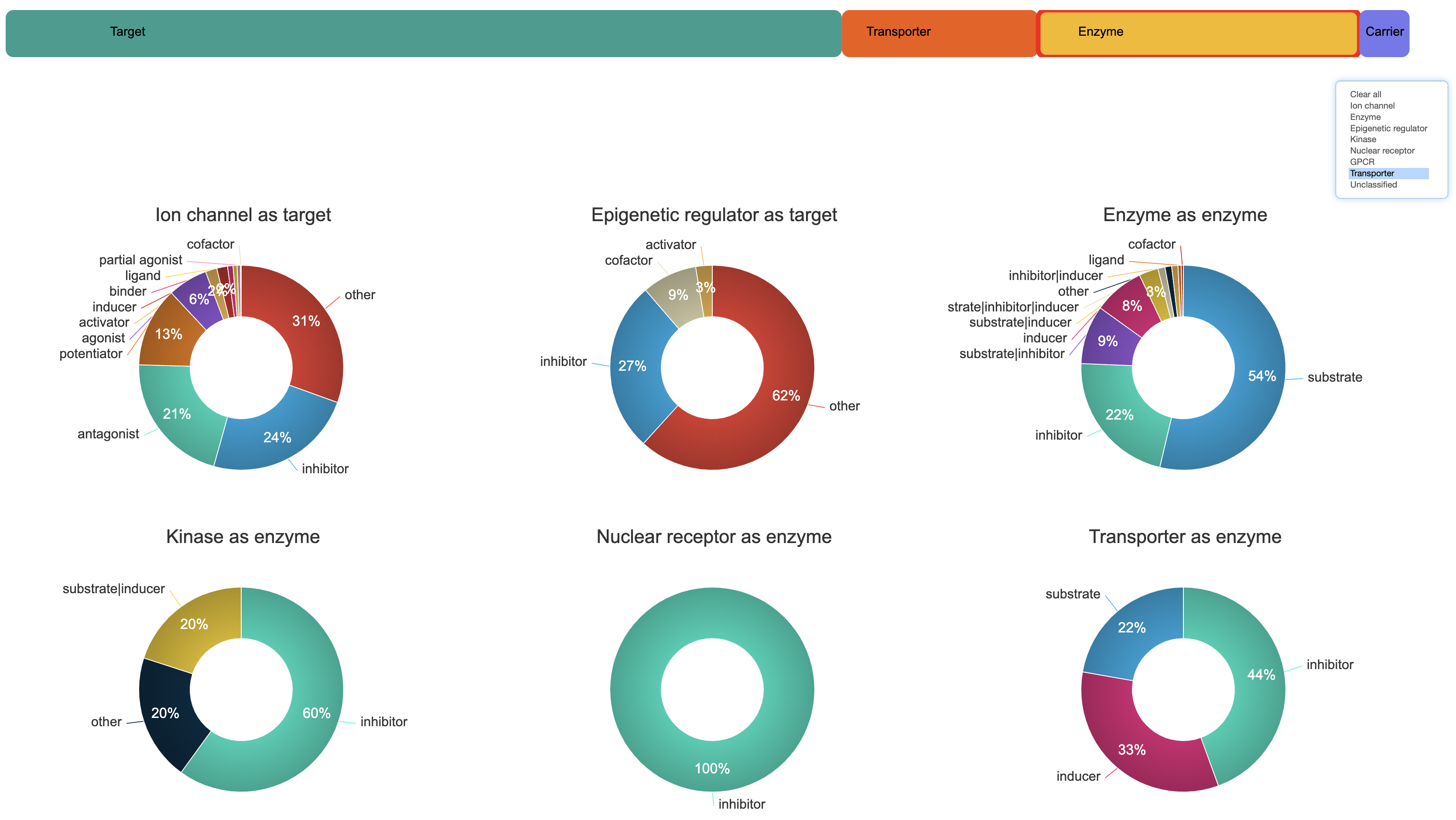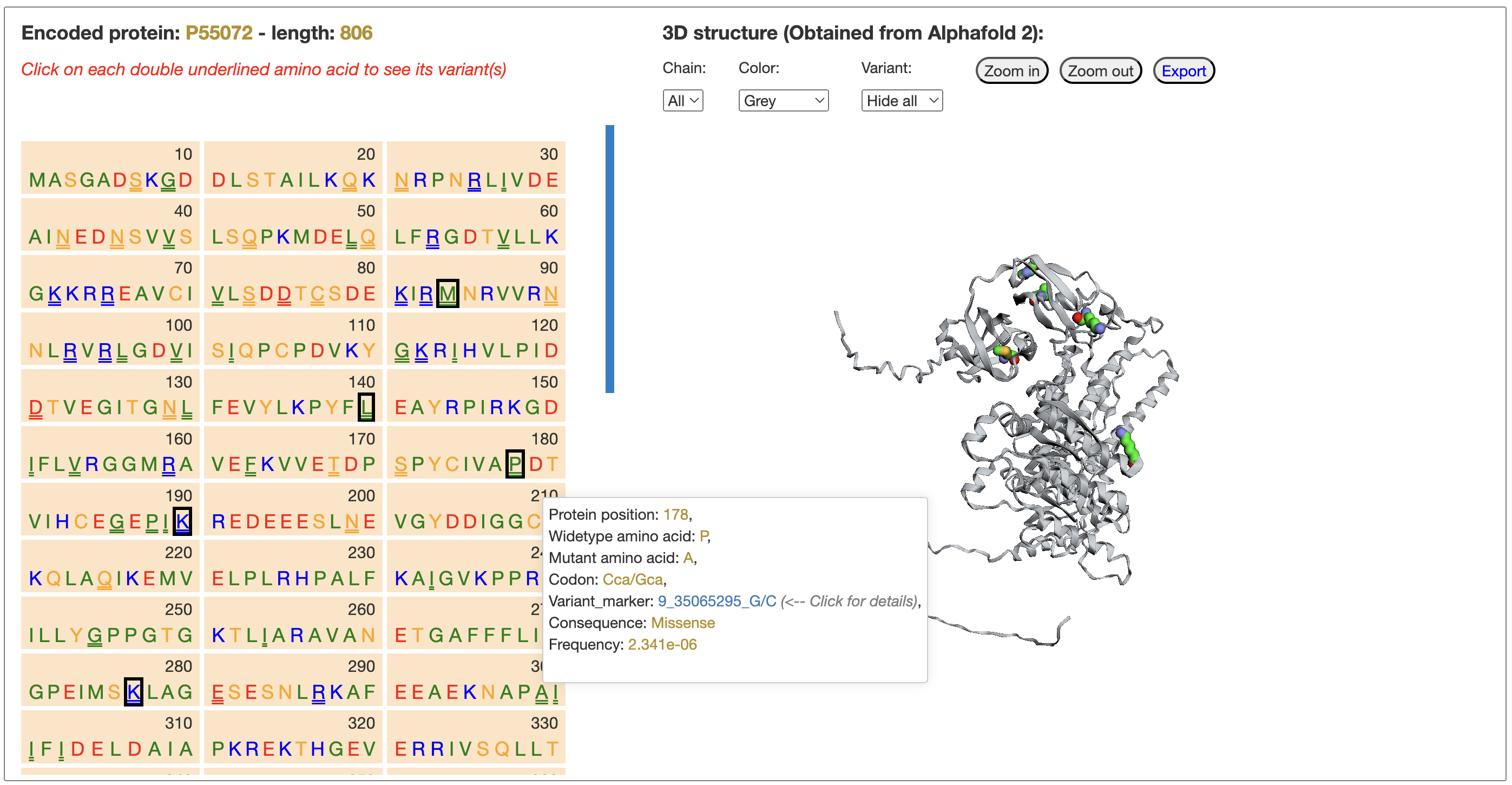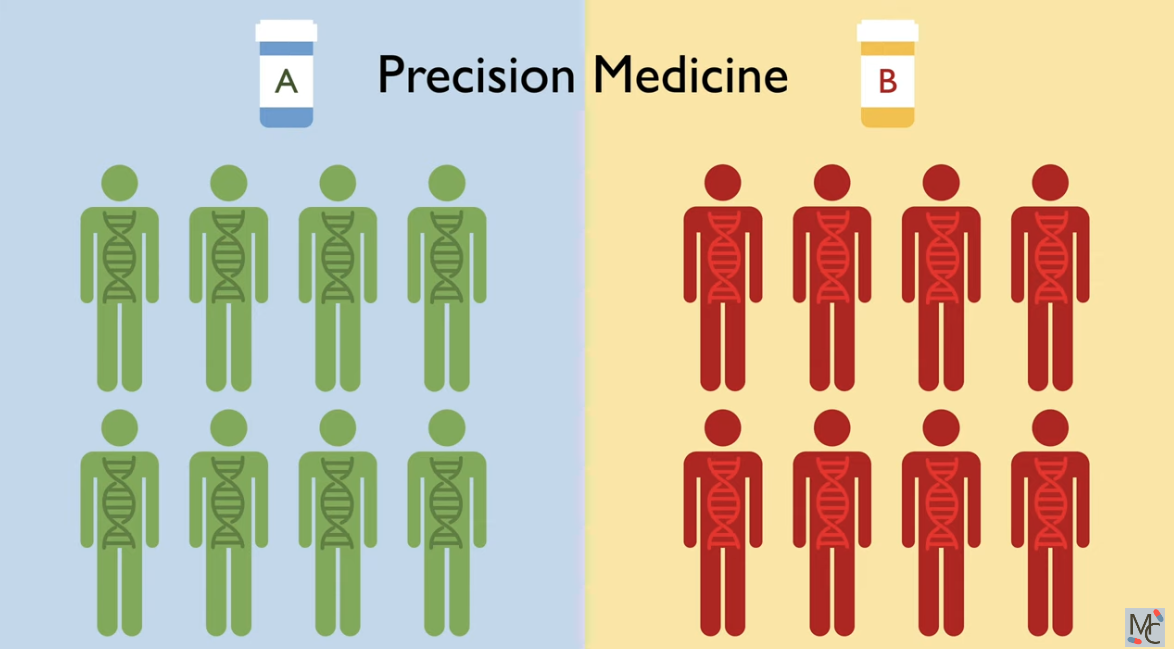PGxDB
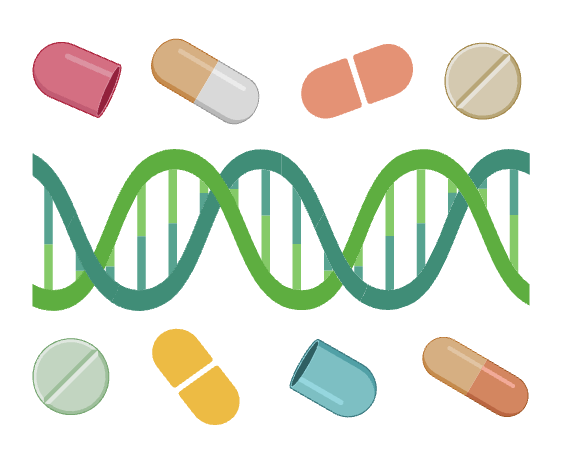
Drug Anatomical Groups
Drug Clinical Statuses
Protein Super Families
Drug-protein Interaction Modes
Why pharmacogenomics?
Trends in GPCR drug discovery: new agents, targets and indications.
Hauser, A. S., Attwood, M. M., Rask-Andersen, M., Schiöth, H. B., & Gloriam, D. E. (2017).
Nature reviews Drug discovery, 2017, 16(12), 829-842.
PGxDB: an interactive web-platform for pharmacogenomics research.
Duong Nguyen, T. T., Tanoli, Z., Hassan, S., Özcan, U. O., Caroli, J., Kooistra, A. J., … & Hauser, A. S. ().
Nucleic Acids Research 2025 , 53(D1), D1486-D1497.
Release & Accessibility
First release: to be in Aug-2024
Accessibility: This website is freely accessible to all users
Data
-
6,504Drugs (3,676 with ATC codes)
-
~1,600Indications (diseases) associated with ~1,800 drugs in ~19,000 associations
-
2,969Interacting proteins spanning 22,909 drug-protein interactions
-
~1,3 milUnique genetics variants (~5,200 influencing drug responses)
-
4,897,436Variant effects from > 40 algorithms
-
2,022,419Gene-based association statistics burden test scores
-
2,651,948Variant-based association statistics burden test scores
